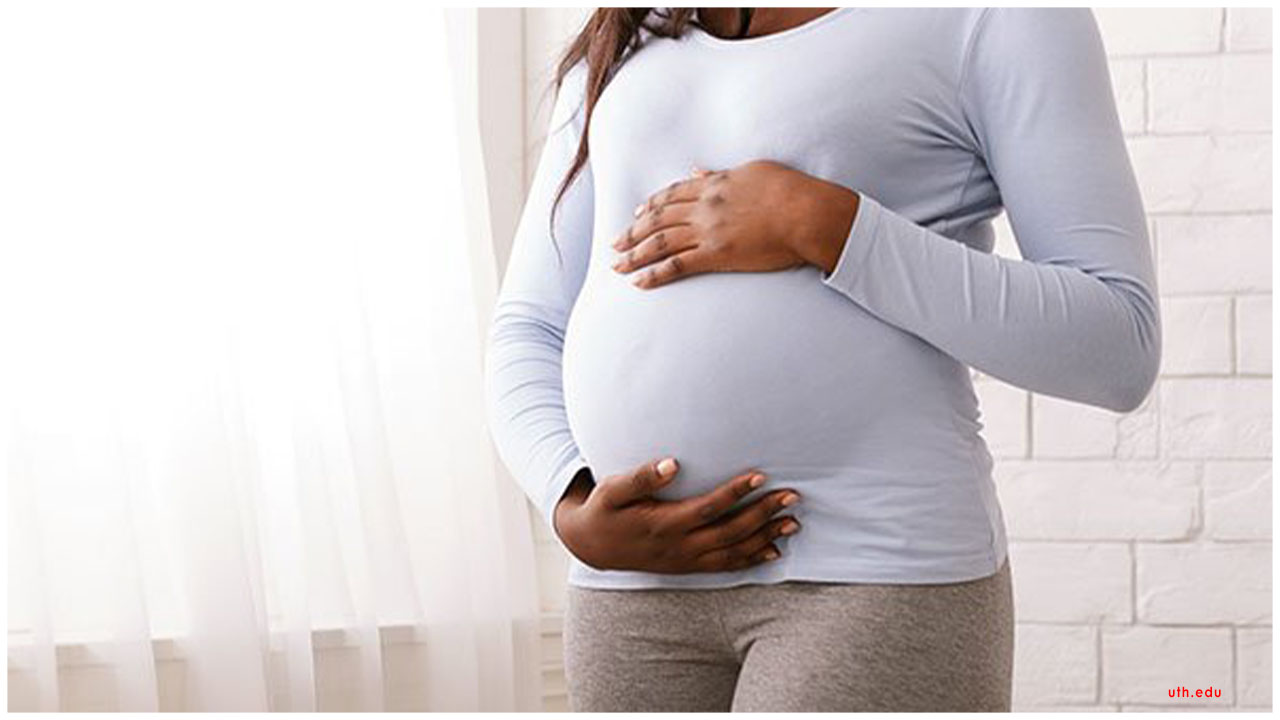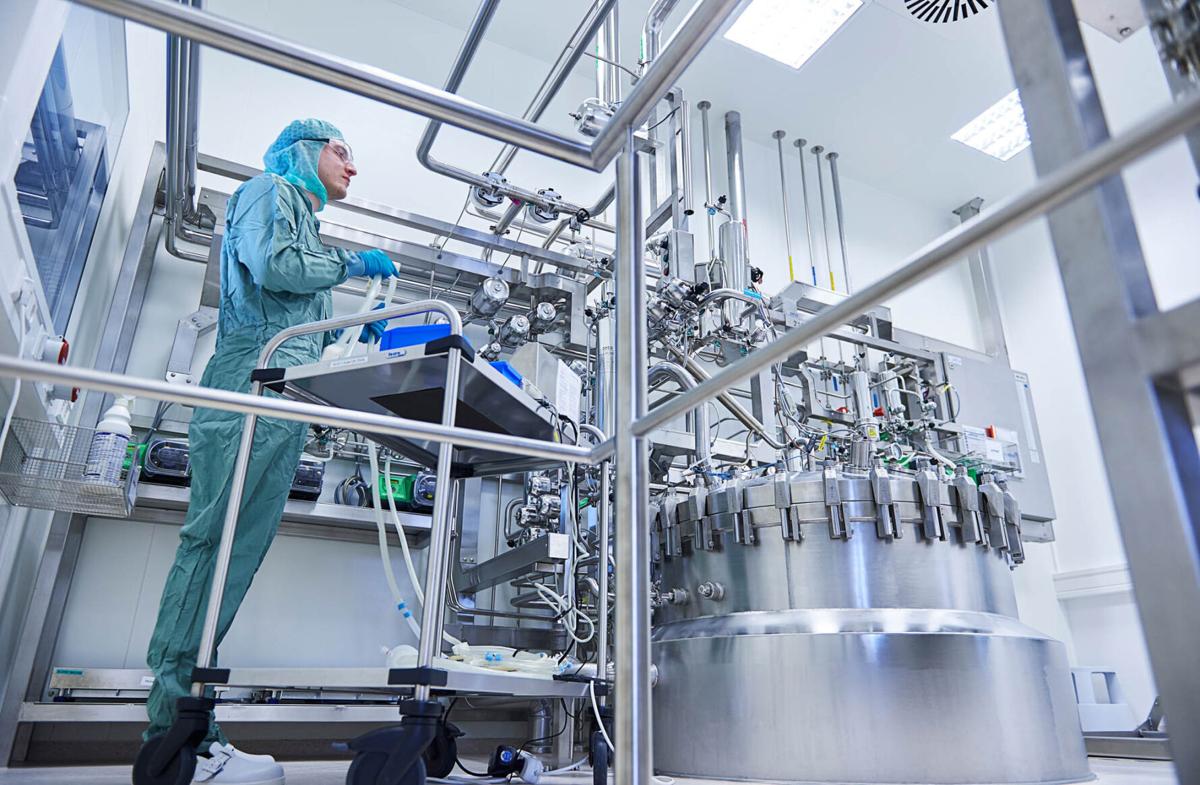Two studies published by The BMJ recently find no links between prescription opioids or macrolide antibiotics taken during pregnancy and risk of major birth defects.
Both opioids (painkillers) and macrolides (antibiotics) are often prescribed during pregnancy. Some previous studies have reported associations between exposure to opioids and macrolides and certain birth defects, but results are inconsistent.
Two studies published recently set out to address this uncertainty.
The first study involved data for more than 82,000 US women who received two or more prescriptions for any opioid during early (first trimester) pregnancy from 2000 to 2015.
After taking account of other potential risk factors, the researchers found no clinically meaningful increase in the risk of major birth defects overall, or in heart malformations, club foot or neural tube defects. They did find a small increased risk for cleft palate (four to five additional cases of cleft palate per 10,000 pregnancies exposed to opioids in the first trimester) and say clinicians should advise patients about this potential risk.
But overall, they say these findings suggest that prescription opioids used in early pregnancy are not associated with a substantial increase in risk for most of the malformation types considered.
In the second study, researchers in Denmark compared data for nearly 1.2 million pregnancies from 1997 to 2016 and found no association between exposure to macrolides in early pregnancy and risk of major birth defects.
Infants born with major birth defects occurred in 35 per 1000 pregnancies exposed to macrolides compared with 37 per 1000 pregnancies exposed to penicillin and 33 per 1000 unexposed pregnancies.
Results were unchanged after further analysis of individual macrolides and specific birth defects according to organ systems, suggesting that the findings are robust.
Both studies are observational, so can’t establish cause, and they relied on women taking the drugs as prescribed. What’s more, the researchers can’t rule out the possibility that they may have missed some birth defects.
However, these were large studies using reliable medical insurance and national registry data, respectively, and were able to account for a range of other risk factors that may have influenced the results.
As such, both research teams say their findings provide reassurance about the risk of major birth defects when treatment with opioids or macrolide antibiotics are needed during pregnancy.
They also help inform clinicians, patients, and drug regulatory authorities about the selection of medications for women who are pregnant and women of reproductive age who may inadvertently become pregnant.

 Findings provide reassurance for women, say researchers
Findings provide reassurance for women, say researchers





















.jpeg)


.jpeg)



.jpeg)
.jpeg)






.jpeg)





